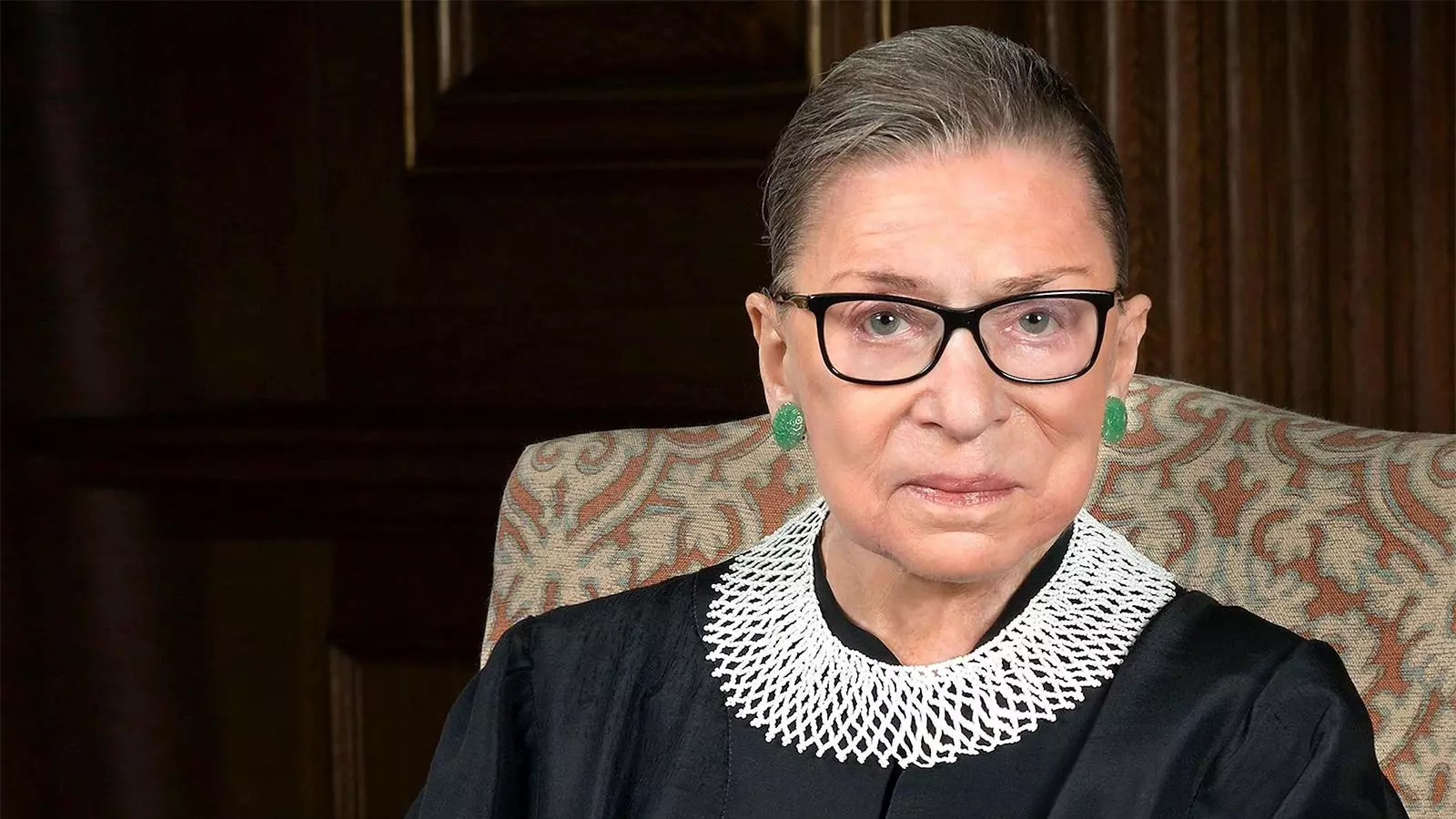In a sobering reminder of the potential perils inherent in modern healthcare systems, Trent Russell, a former transplant coordinator, was sentenced to two years in prison for illegally accessing and mishandling the health records of the late Supreme Court Justice Ruth Bader Ginsburg. This case not only highlights the pressing issue of medical privacy but also raises lingering questions about the motivations and ethical responsibilities of those entrusted with sensitive health information.
Russell’s conviction stemmed from a jury trial in which he was found guilty of accessing and altering healthcare records without proper authorization. The crux of this case lies in his actions during 2019 when he purportedly disseminated false information concerning Ginsburg’s health, including a baseless assertion claiming she had passed away, amplifying public speculation during a time when the justice’s wellbeing was already under scrutiny.
What makes Russell’s case particularly egregious is his apparent refusal to accept responsibility. During the trial, he proposed ludicrous excuses to explain his actions, even suggesting the implausible notion that his cat might have inadvertently performed the unauthorized access. Such deflections only served to further frustrate prosecutors, who argued that Russell’s conduct was premeditated and driven by a desire to capitalize on a sensational public narrative.
In a courtroom filled with tension, prosecutor Zoe Bedell labeled Russell’s actions as “truly despicable,” emphasizing the gravity of violating the privacy of an individual who was not just any citizen, but a renowned figure in American jurisprudence. By leaking Ginsburg’s health records, Russell not only infringed upon her personal privacy but also disrespected the dignity of her office.
The sentencing of Trent Russell provoked substantial discourse about the implications of privacy violations against public figures. Prosecutors highlighted the unique vulnerabilities associated with Ginsburg’s age and health status, arguing that this made her an especially frail target for such invasive actions. On the other hand, Russell’s defense claimed that her position of power rendered her less vulnerable. This clash of perspectives raises significant considerations about the nature of privacy in public life—where should the line be drawn in terms of acceptable scrutiny?
Public figures indeed exist under a more intense gaze, yet does this justify the kind of intrusive behavior exhibited by Russell? The court recognized the context of the breach while positing that the motivations behind Russell’s inappropriate access remained nebulous and troubling.
U.S. District Judge Michael Nachmanoff ultimately sentenced Russell to two years in prison, taking into account mitigating factors, including Russell’s military background and the fact that he had a sick stepparent requiring care. Yet, he poignantly highlighted the irony surrounding the case: while Russell had access to sensitive health information, he failed to afford the same respect and protection to Justice Ginsburg’s private data.
In a broader context, this case serves as a wake-up call about data privacy in healthcare settings. Healthcare professionals wield significant power over sensitive information, and the ethical implications of their choices bear serious consequences. The breach of medical privacy extends beyond the individual; it disrupts trust in healthcare systems and poses risks to the very foundation of patient care.
Ultimately, the repercussions of Trent Russell’s actions should stir a conversation on the necessity for more stringent safeguards in healthcare data management and the cultivation of a culture of accountability among professionals handling sensitive information. The judiciary’s decision reflects not just the legal culpability associated with such breaches, but a societal imperative to ensure that privacy is upheld as a core value in healthcare—a right that must be fiercely defended regardless of the person’s public stature. The imperative now is to learn from these harrowing events to prevent the recurrence of similar violations in the future.


Leave a Reply